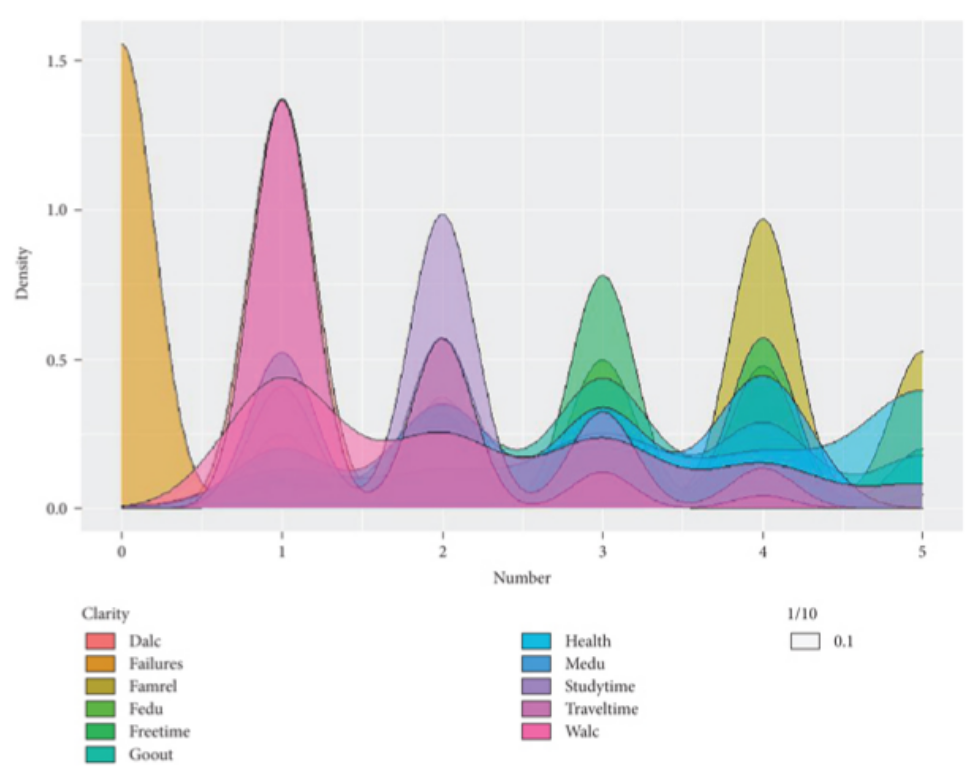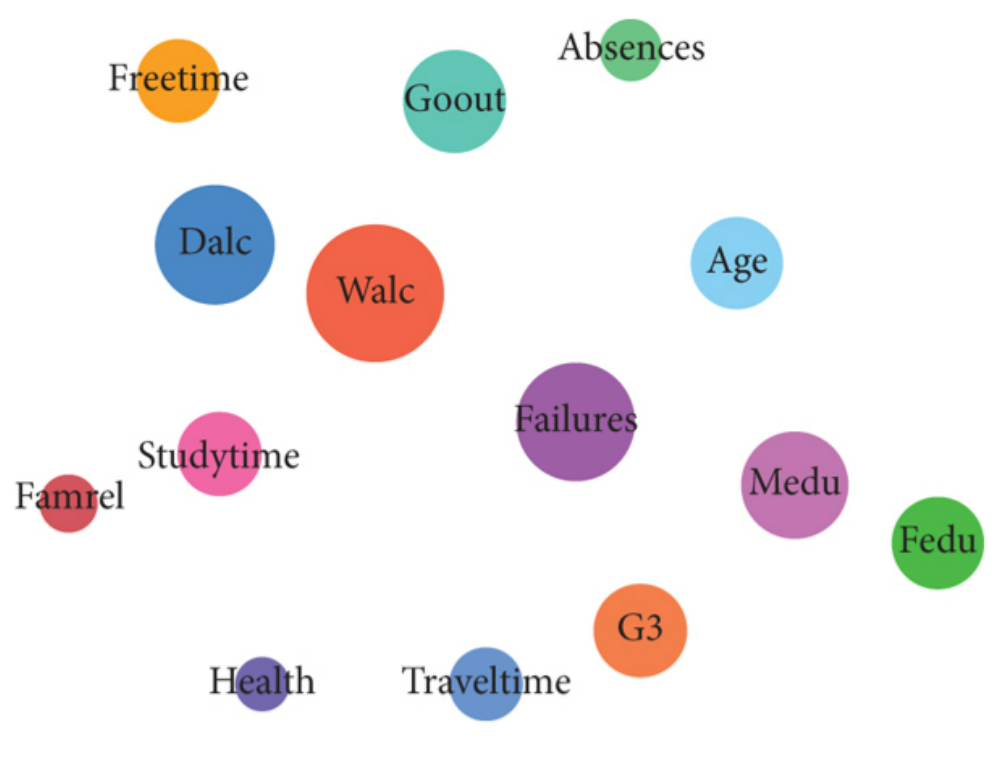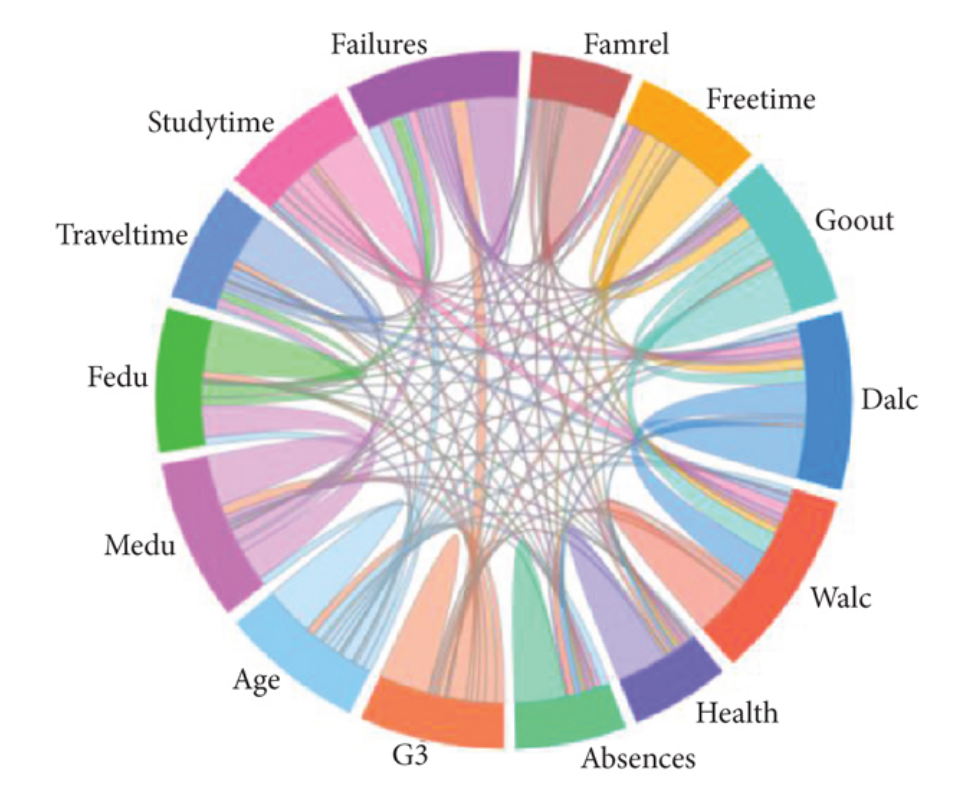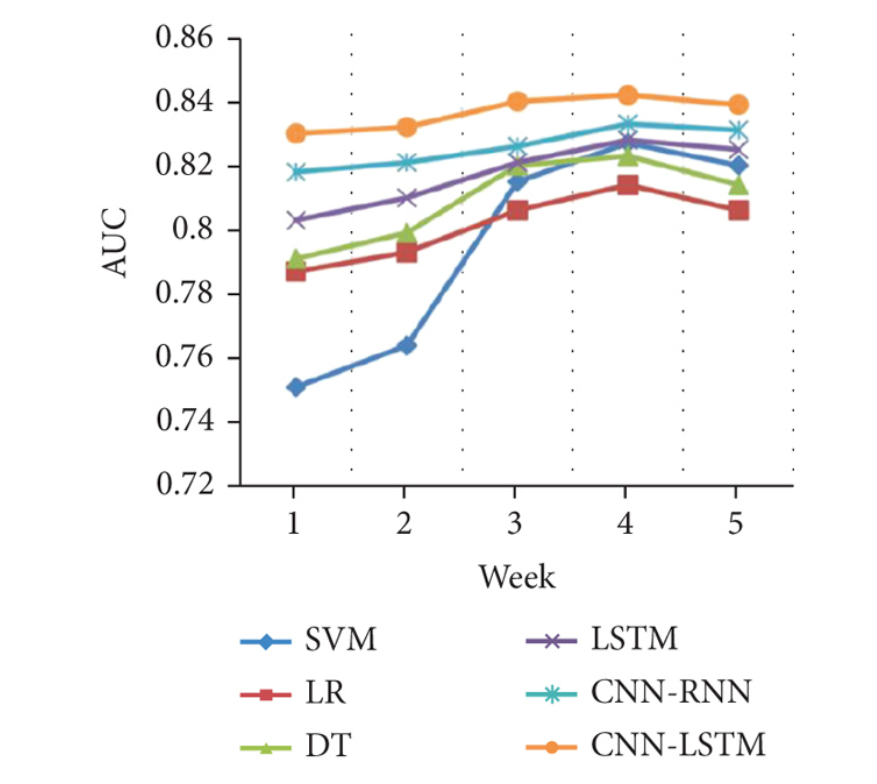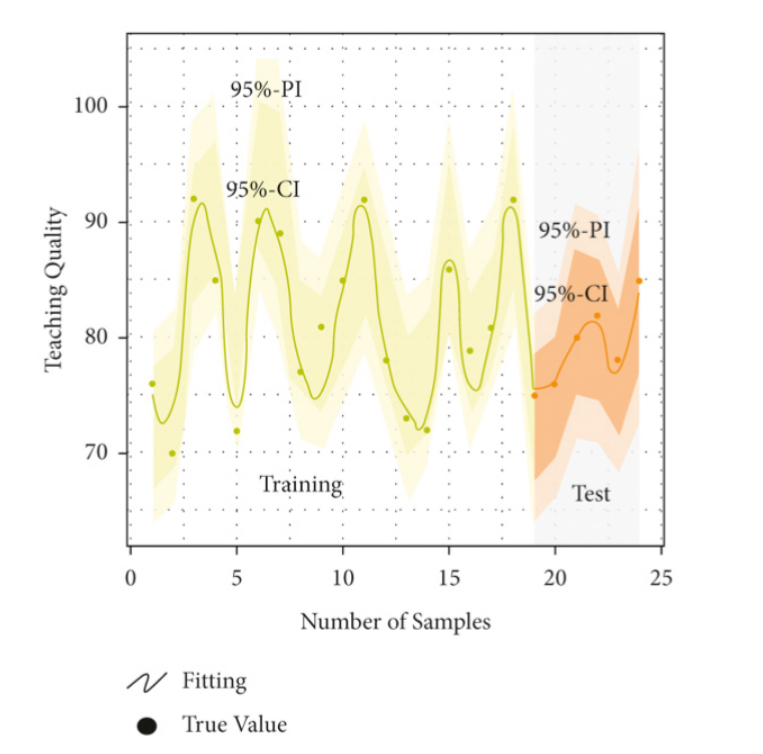 An open access journal
An open access journal
Conversation Analysis: ESC Method of Chinese and Foreign English Teachers in SEL Class
Abstract
This study aims to compare the differences in classroom conversation patterns between Chinese and foreign English teachers and analyze their ways of checking students’ epistemic status in the classroom, the different performances of students with different epistemic status levels, and the measures teachers take when students are at a lower epistemic status level, to provide new perspectives for the study of conversation analysis in the classroom. In the study, two English classroom video samples with great similarities are selected. This study draws the following conclusions through the analysis of data tables and specific conversation examples: 1. There are big differences between Chinese and foreign English teachers in the method of ESC (epistemic status check) to students, Chinese teachers prefer to use interrogative questions (IQ), while the foreign teachers mainly use declarative questions (DQ); 2. When the students are in a high epistemic status level, both Chinese and foreign teachers preferred the form of “students answer questions directly and initiatively”; 3. When the students are in a low epistemic status level, the students tend to be silent (the reason for the appearance of students’ questioning in the foreign teacher’s classrooms may be that the atmosphere of the foreign teacher’s class is more active and the teacher-student relationship is more equal than that of the Chinese teacher’s class); 4. The Chinese teacher’s strategy in the face of students’ low level of epistemic status is mostly Rule 3 of the turn-taking rules; whereas foreign teachers mostly adopt Rule 2 accompanied by encouragement words. Based on the above conclusions, this study suggests that Chinese and foreign English teachers can learn from each other. Chinese teachers can learn from foreign teachers who emphasize students’ participation and interaction, and increase students’ opportunities for expression and thinking. Western teachers can learn from Chinese teachers’ students-group learning methods and skills of maintaining classroom discipline to ensure teaching efficiency.
Share and Cite
Article Metrics
References
- Haziza E. Questioning and addressee knowledge[J]. Synthese, 2023, 201(4): 114.
- Lindwall O, Lymer G, Ivarsson J. Epistemic status and the recognizability of social actions[J]. Discourse Studies, 2016, 18(5): 500-525.
- Morales M. Epistemic status as an analytic tool: Mapping classroom talk and participation in a middle grades prototyping testing activity[J]. Linguistics and Education, 2021, 64:100939:1-12.
- Sacks H, Schegloff E A, Jefferson G. A simplest systematics for the organization of turn taking for conversation[M]//Studies in the organization of conversational interaction. Academic Press, 1978: 7-55.
- Sert O. ‘Epistemic status checks an interactional phenomenon in instructed learning settings[J]. Journal of pragmatics, 2013, 45(1): 13-28.
- Aibo's SASA. Tubing handling. Reading course for foreign teachers in primary school (full version). [EB/OL]. https://www.bilibili.com/video/BV1id4y187tq/?spm_id_from=333.880.my_history.page.click&vd_source=20019a563461854d6a22950 3b49100ed. 2023.12.26.
- Cui Da Song. On the types and functions of question language in teaching [J]. Journal of Language Applications, 2000, (04): 28-33. DOI:10.16499/j.cnki.1003-5397.2000.04.007.
- Jiang Hui. TED speech, the audience the discourse of yuan yuan pragmatic analysis [J]. Foreign language and foreign language teaching, 2020, (4) : 25-35 + 147. DOI: 10.13458 / j.carol carroll nki flatt. 004694
- LAN Liangping. Han Gang. Construction of Teacher Identity: An Analysis of Conversational Silence in Classroom questioning [J]. Foreign Language Circle, 2013, (02): 59-68.
- Liu Shu. The phenomenon of correction in classroom communication from the perspective of conversation analysis [D]. Changchun: Northeast Normal University 2005.
- Peng Zhuo. An analysis of the knowledge relationship of the sequence of specific questions in College English classroom under the perspective of epistemology [J]. Journal of the PLA Institute of Foreign Languages, 2021, 44 (06): 99-107.
- Qu Jing. Cognitive turn diagnosis under the support of the classroom teaching design [D]. Henan normal university, 2019. The DOI: 10.27118 /, dc nki. Ghesu. 2019.000846
- Sun Caixia. Research on Conversational Structure of teacher-student Information Interaction in classroom [D]. Zhejiang Normal University,2012.
- Wang Fang. Cho hung. English classroom session words wheel conversion technique contrast research [J]. Journal of xi 'an foreign languages institute, 2004, (4) : 43-45, DOI: 10.16362 / j.carol carroll nki cn61-1457 / h. 2004.04.013
- Xiao Feng. Interactive analysis of Classroom Language Behavior: A new research tool for classroom teaching [J]. Journal of Liaoning Normal University,2000,(06):40-44.
- Primary school English course assistant. Four up: "U6 Talk&learn" famous teacher quality course teaching record. [EB/OL]. https://www.bilibili.com/video/BV1F34y1g7s4/?spm_id_from=333.880.my_history.page.click&vd_source=20019a563461854d6a22950 3b49100ed. 2023.12.26

